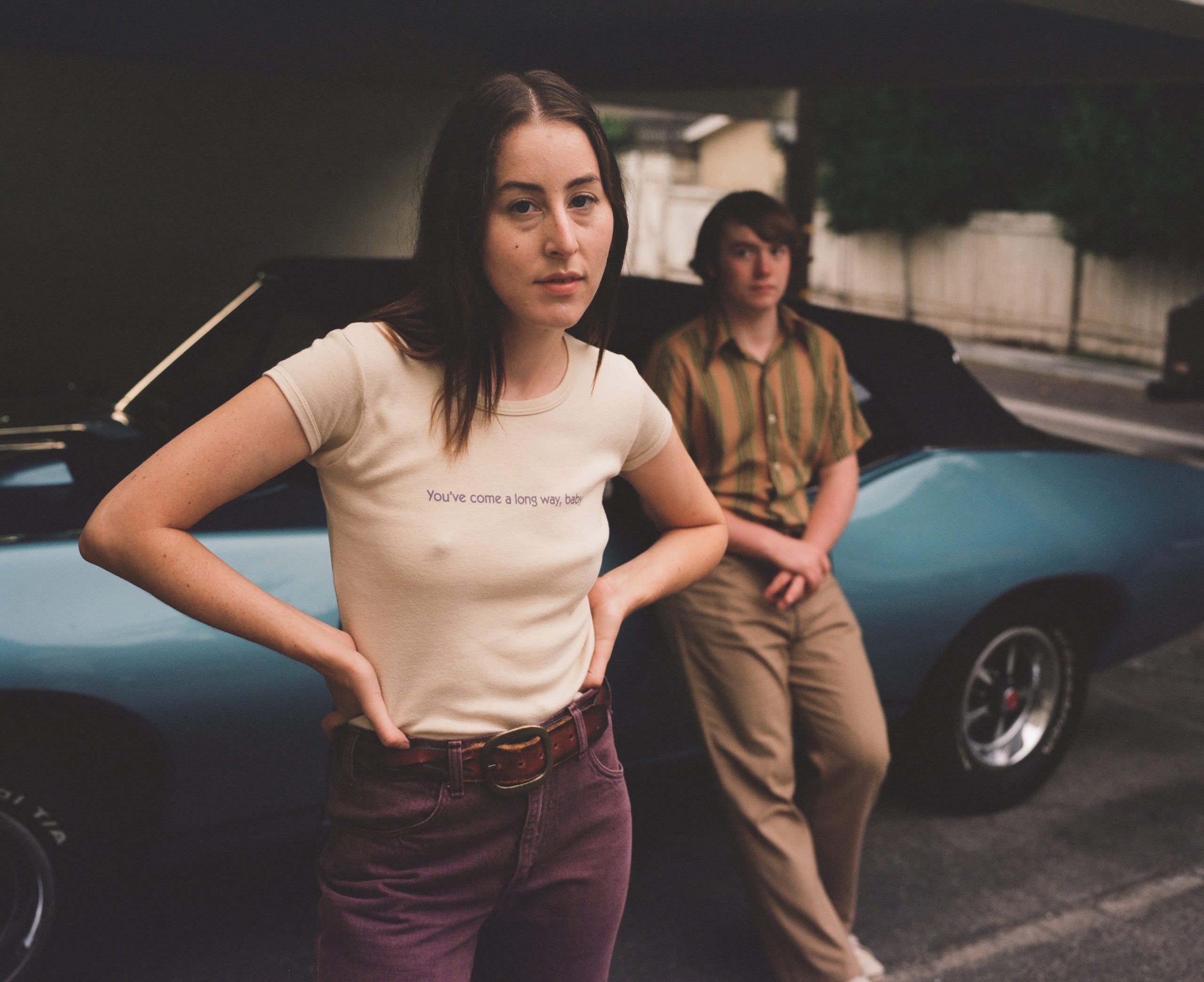
Film Critic Matt Cook dives into acclaimed director Paul Thomas Anderson’s career, exploring everything from favourites such as Boogie Nights to the recently-released hit Licorice Pizza
A recognisably visceral and mature style
Born in Los Angeles in 1970, Paul Thomas Anderson is a name perhaps at odds with Wes Anderson, an equally prolific American director, writer and contemporary. This name, however, is responsible for a plethora of unique films all lightyears away from Wes’ quirky, pastel wonderlands. Romantic comedies. Historical dramas. Hard hitting, psychological epics. Much like his eccentric counterpart, though, Paul Thomas Anderson’s work quickly carved himself a place among popular auteurs of the 90s, crafting a recognisably visceral and mature style that does justice to serious subject matters, including depictions of flawed characters and explorations of personal, philosophical themes. Anderson’s award-winning films also see regular collaborators, including the likes of actors John. C. Reilly, Julianne Moore and, most prominently, the late Philip Seymour Hoffman, who appeared in five of the six Anderson films made before his death in 2014.
A 27-year-old Anderson broke onto the scene with Boogie Nights (1997), an outrageous (but not quite obscene) romp through the Golden Age of Porn, boosted by the acclaim received by his debut feature Hard Eight (1996). Mark Wahlberg plays Eddie Adams, a young dishwasher turned sex superstar, complete with a cocaine addiction and the hilariously racy screen name ‘Dirk Diggler.’ A fun, carefree mood flows, mirroring Dirk’s initial naiveté as he pumps, parties and quite often sniffs his way through the 70s disco days and nights. As our friend Diggler ‘diggles’ deeper into the porn industry, however, Wahlberg’s youthful performance morphs into something darker; arrogance, drugs and jealousy drag Dirk into a downward spiral, gradually exposing the riotous, dangerous world of porn around him for the fantasy it was. For all of the film’s in-your-face sex, Boogie Nights is not just a look into porn’s seedy inner workings, but rather an honest exploration of 1970s greed, decadence and pop-culture.

1999 saw the release of Magnolia, Anderson’s first venture into psychological drama. An anthology of disturbed lives, Magnolia is a spiderweb of regret, trauma, and failed relationships populated by an ensemble cast lead by Tom Cruise appearing in a role that sees him leave behind the fastidiousness of Eyes Wide Shut and to embrace the chauvinist zeal of Frank Mackey, a motivational speaker and self-proclaimed sex guru. Cruise commits to the character like few others, yet it remains a shame that his stellar performance is trapped in a lengthy and occasionally pretentious plot, which is at times boring and other times confusing. This being said, the film ultimately proves to be a dark and compelling watch, just as long as you don’t mind the runtime and logic being traded for frogs. Yes, I typed that correctly.
Magnolia proves to be a dark and compelling watch
Five years after the release of warming rom-com Punch Drunk Love (2002), Anderson’s success reached new heights upon the release of his fifth film, There Will Be Blood (2007), a volatile period piece matched only in critical acclaim by the Coen brothers’ crime thriller of the same year, No Country For Old Men. Charting the ruthless rise to power of lowly silver prospector Daniel Plainview (Daniel Day-Lewis) during the Southern Californian oil boom, Blood investigates ideas of capitalist savagery, obsession and religion. Paul Dano starred alongside Day-Lewis, giving the acting giant a run for his money as the wily preacher Eli Sunday. The unlikely duo performs marvellously, with many moments seeing Day-Lewis take a step back to allow his co-star to really shine. This isn’t the case for the film’s final scene, however, in which Day-Lewis returns to the spotlight in terrifying, ferocious form. Plainview’s vicious, drunken monologue heralds some of the wackiest violence of Anderson’s filmography and makes for an entertaining, albeit harrowing (and slightly messy) conclusion.

The Master (2012) saw Hoffman’s name return to Anderson’s prestigious cast list. The post-war drama sees Hoffman star as charming mountebank Lancaster Dodd, leader of religious movement ‘The Cause’ that bewitches war veteran Freddie Quell (Joaquin Phoenix). More so than in Blood, The Master is a study of character, contrast and kinship, placing world-class acting above every other element. It is done (to quote the title) masterfully; the performances of both Hoffman and Phoenix are widely considered to be among their finest. In the following years Anderson granted fans with Inherent Vice (2014) – a rewarding albeit slightly frustrating adaptation of the Thomas Pynchon novel – and Phantom Thread (2017), a somewhat gothic tale of love in the world of 1950s haute couture, featuring the return of Day-Lewis in his last role before retirement, and yet another haunting score delivered by Anderson collaborator Jonny Greenwood.
Anderson is a somewhat unsung hero of modern drama
Anderson is a somewhat unsung hero of modern drama, just short of becoming a household name; not that such an honour is the be all and end all. Only that in a time when studios seem to have a penchant for squeezing franchises dry, it is the work of auteurs like Anderson that continues to hydrate an industry gasping for something a little bit fresh. With his latest nostalgia hit Licorice Pizza (2021) opening to further critical acclaim, though, there remains hope that Anderson will one day break through the waves of sequels and remakes to finally tap into the world of the casual moviegoer. Nonetheless, there can be little doubt that Anderson remains in the meantime – like his favourite of his own films to date – a true master of his craft.
For more Director Rundowns, check out these articles from Redbrick Film:
Director Rundown: Edgar Wright
Comments